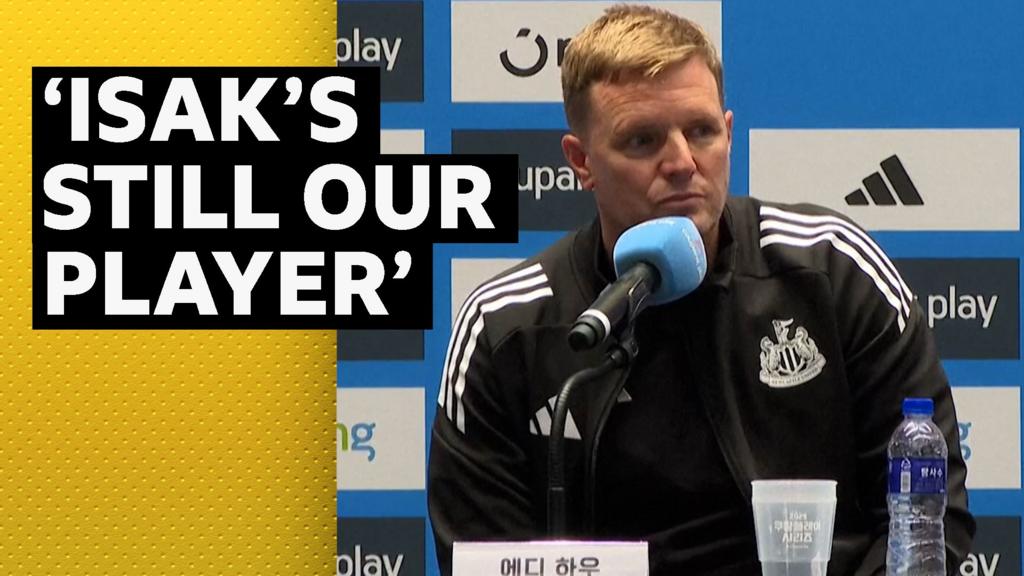
Alexander Isak's potential departure from Newcastle United, fueled by reported interest from Liverpool and acknowledged by Eddie Howe's statement that the player is considering his future, presents a significant challenge for the Magpies. The core issue isn't just about losing a talented striker; it's about the potential disruption to the team's attacking consistency, a factor crucial for sustained success in the Premier League. This analysis will delve into Isak's performance metrics, trajectory, and Newcastle's reliance on his output to assess the potential impact of his exit and the key factors to monitor moving forward.
Isak's arrival at Newcastle was met with considerable excitement, and his performances have largely justified the initial investment. Looking at the Premier League data, his goals-per-game ratio is respectable, and his impact on Newcastle's overall attacking threat is undeniable. However, the question isn't just about goals; it's about consistency. While capable of moments of brilliance, Isak's form has fluctuated. Comparing his goal-scoring record across different months reveals peaks and troughs, a pattern that necessitates deeper investigation. Are these fluctuations attributable to tactical shifts, injury spells, or other external factors?
To understand the impact of Isak's potential departure, we need to analyze Newcastle's tactical setup. Howe's preferred formation often relies on a fluid front line, where Isak's ability to play as a lone striker or in tandem with another forward is a key asset. His pace, dribbling skills, and finishing ability provide Newcastle with a varied attacking threat. If Isak leaves, Newcastle would need to replace not only his goals but also his tactical flexibility. Could they adapt their style of play, or would they need a like-for-like replacement? History suggests that replacing a player with a unique skillset is rarely a straightforward process. Think of Liverpool's initial struggles after Fernando Torres' departure; it took time to re-establish a consistent attacking force.
The market context further complicates the situation. Finding a striker with Isak's profile – young, quick, and with a proven goal-scoring record – won't be cheap. Newcastle would likely need to reinvest a significant portion of any transfer fee they receive. The January transfer window is notorious for inflated prices and limited options. Therefore, selling Isak without a clear replacement strategy could severely hinder Newcastle's chances of achieving their objectives this season. The financial implications are also considerable, with Premier League clubs increasingly reliant on consistent revenue streams linked to league position.
I believe, Newcastle's ability to maintain attacking consistency will depend on several key factors. First, the club's stance on Isak's future needs to be clearly defined and communicated. Second, a thorough scouting process is essential to identify potential replacements who fit Howe's tactical vision. Third, any new signing needs time to integrate into the team and adapt to the demands of the Premier League. Finally, the form of other key attackers, such as Callum Wilson (if he stays) and Miguel Almiron, will be crucial in mitigating the impact of Isak's potential absence. By carefully monitoring these factors, Newcastle can navigate this challenging situation and strive to maintain their competitive edge.